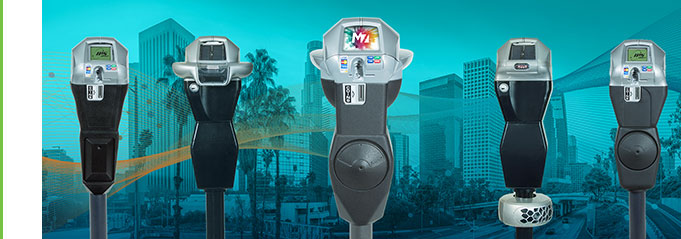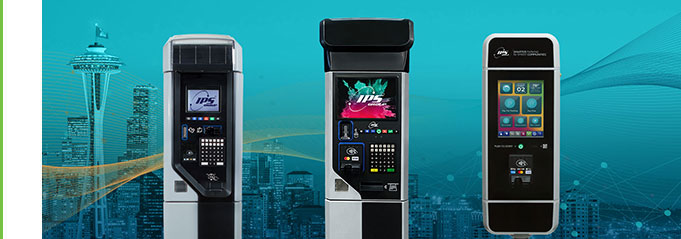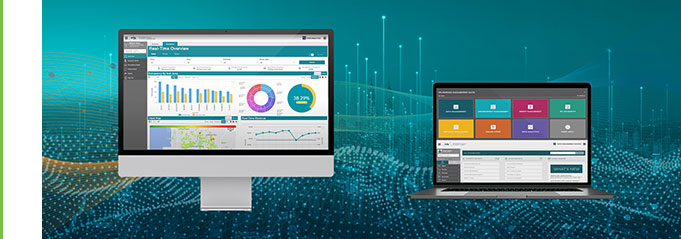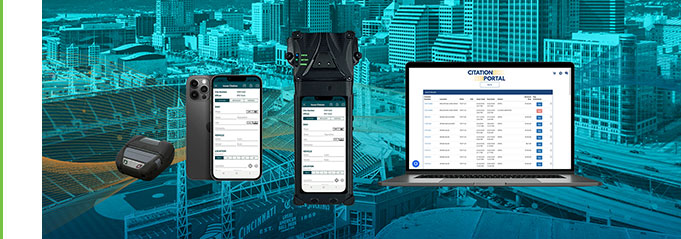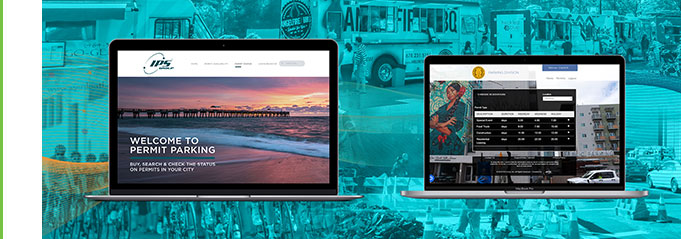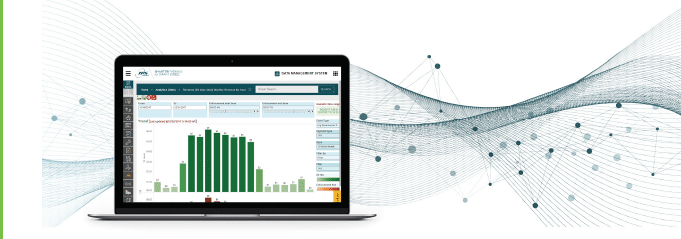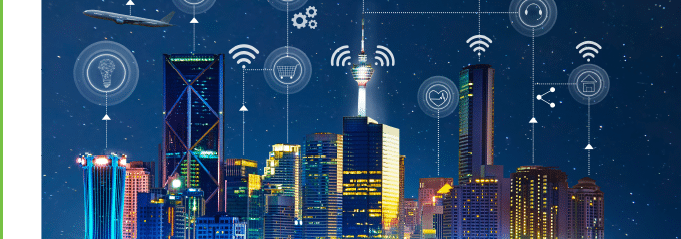
There’s no question that we’re living in a smarter world than ever before, as innovations ranging from smartphones and household appliances, to traffic management software and in-vehicle payments for parking can now be seamlessly interconnected to make our lives easier.
As technological innovation continues to evolve at a rapid pace, cities across the world are adapting and working to become tomorrow’s next Smart Cities.
Today’s Smart Cities use emerging technologies and information to enhance the quality and performance of urban services, reduce resource consumption, and engage more efficiently with their citizens.
Sectors that actively work to develop Smart City technology include:
- Energy
- Healthcare
- Water and waste
- Government services
- Transport and traffic management
But what key steps must a city take to become tomorrow’s next Smart City development? Read on to learn everything you need to know about Smart City planning.
Step 1: Leverage Your Existing Data Better
City administrators looking to make their city smarter should leverage existing data and understand how it’s currently being used. Whether the goal is to monitor traffic flow, pollution, or garbage collections, administrators must rely on their data to help them solve everyday issues.
The City of Boston is a good example of a Smart City initiative that learned how to gather big data through its citizens’ smartphones.
To help solve the problem of potholes in the roads, the City’s office of New Urban Mechanics created a smartphone app called Street Bump. When app users drive over a pothole, their smartphones register the bump through the device’s accelerometer, and the device’s GPS logs the location of the pothole.
That data then gets sent to a server for analysis, which then allows city officials to drive better policy and send a crew to fix the pothole.
Step 2: Partner with Local Businesses
Businesses are often willing to help trial Smart City initiatives, as they can end up gaining the benefits of cutting-edge digital technology. Amsterdam is one Smart City successfully trialing initiatives with businesses.
On its Utrechtsestraat shopping street, the city collaborated with shop and restaurant owners to make the avenue more energy efficient. They used technologies like LED lighting, waste reduction, and recyclable tram stops and succeeded in reducing energy use on the street by 10%.
Consumers’ demand for sustainability is on the rise, therefore businesses operating in a Smart City model—and leveraging Smart City infrastructure—will see improved relations with customers, increased efficiencies, and boosted profits as a result.
Step 3: Create a More Efficient Commuting Experience
For most people, time is a precious commodity, so helping reduce your citizens’ daily commute with Smart technology helps increase quality of life while maximizing limited resources. As urban populations grow, traffic often slows to a crawl, and transit infrastructure may be stretched to the limit.
Cities can use available digital technology to address commuting times, such as offering citizens mobility applications that announce real-time traffic updates, as well as implementing Smart Parking programs. Benefits of Smart Parking allow for increased turnover, effective enforcement, and decreased traffic congestion.
For example, the City of Malden, MA, partnered with IPS Group to create a customized Smart Parking solution to more effectively manage parking demand of limited spaces, streamline enforcement, promote turnover, and create a convenient parking experience for its visitors.
The result was a reduction in citations, increased turnover, and positive acceptance from both, citizens and business owners.
The Importance of Smart City Planning
According to Grand View Research, the Smart City industry is projected to be a $400 billion market by 2027. Smart Cities address many issues, such as efficient transportation, Smart buildings and homes, energy utilization, and better administrative services.
People who live in or visit Smart Cities benefit from being connected to the governing authority for data, information, and services. Through Smart City urban planning, citizens’ quality of life improves as a result of increased sustainability, traffic management, and real-time alerts.
The features of Smart Cities can also benefit the environment, as Smart City projects aim to overcome water and energy sustainability challenges and reduce their CO2 emissions.
IPS Group has delivered Smart City technology solutions for over 20 years. Learn how IPS Group’s Fully-Integrated Smart Parking Solutions can help your city maximize resources, improve efficiencies, and contribute to a more sustainable way of urban living. Click here to schedule a virtual demo today.

